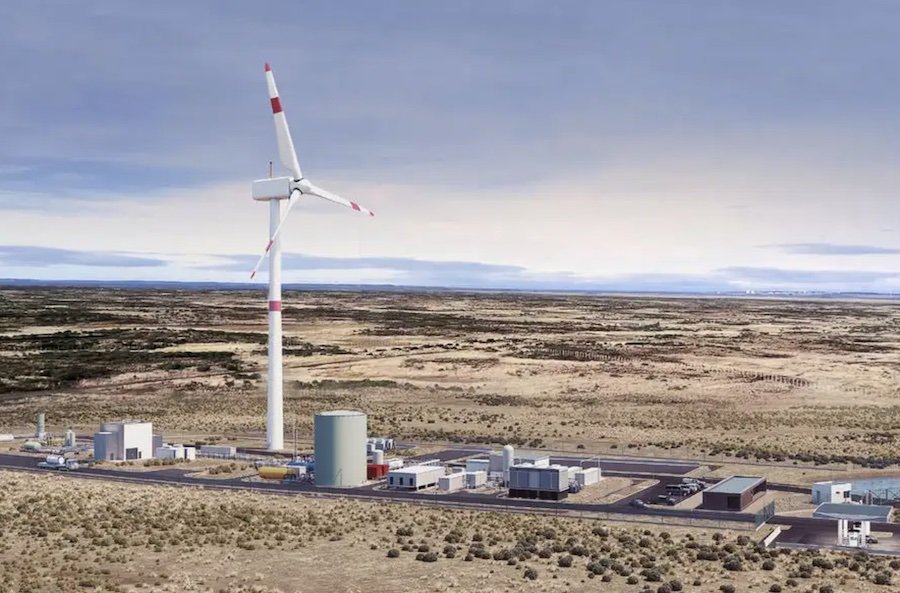Porsche has begun pilot production of synthetic fuels in Chile, with an initial target of roughly 28,500 gallons (130,000 litres) annually.
Use of the fuel – described as nearly CO2-neutral and compatible with unmodified combustion engines – will initially be limited to Porsche’s Experience Centres and Mobil 1 Supercup race cars.
Annual production is planned to ramp up to more than 12 million gallons (55 million litres) by the middle of the decade and 10 times that amount two years later.
Porsche research and development executive Michael Steiner said: “The potential of e-fuels is huge. There are currently more than 1.3 billion vehicles with combustion engines worldwide. Many of these will be on the roads for decades to come, and eFuels offer the owners of existing cars a nearly carbon-neutral alternative.”
Last year, Porsche sports car product boss Frank Walliser said: "It's a long road with huge investment, but we are sure that this is an important part of our global effort to reduce the CO2 impact of the transportation sector."
The company previously announced partnerships with energy firms Siemens Energy, AME and Enel and the Chilean petroleum company ENAP, with the ambition of developing the plant for the commercial production of synthetic fuels – or ‘e-fuels’ – on an industrial scale.
The first stage, called Haru Oni, uses southern Chile’s “ideal” conditions to produce synthetic fuel from carbon dioxide and water, with the aid of wind power.
Volkswagen Group and Porsche CEO Oliver Blume previously outlined the motive for the project: “Their advantages lie in their ease of application: e-fuels can be used in combustion engines and plug-in hybrids, and can make use of the existing network of filling stations.”
That was echoed by Walliser, who explained: "The general idea behind these synthetic fuels is that there is no change to the engine necessary, unlike what we have seen with E10 and E20, so really, everybody can use it, and we are testing with the regular specs of pump fuel."
"It has no impact on performance – some horses more, so it's going in the right direction – but emissions are way better; we see less particles, less NOx - so that's going in the right direction”.
While Porsche is investing heavily in electrification – with hybrid versions of the Porsche Panamera and Porsche Cayenne, plus the full-electric Porsche Taycan and Porsche Macan EV – synthetic fuels could be used to bring the emissions of its existing fleet down. Blume has also previously spoken of a desire to see synthetic fuels extend the life of the purely combustion-engined 911 until the end of the decade.
Walliser outlined the benefits: "Synthetic fuels have around 8-10 components, where today's fuels have between 30 and 40. As it's an artificial, synthetic fuel, you have no by-products, so it's way cleaner - everything positive for the engine.
"At full scale, we expect a reduction in the CO2 impact of around 85%. If you consider well-to-wheel, where we have to transport fuel, we have a global supply chain, everything around that - you have efficiency across the whole process. In a well-to-wheel consideration, it is on the same level as an electric car."
Porsche sibling brands Volkswagen and Bentley have also discussed the use of e-fuels as a means of sustaining their combustion-engined offering.

